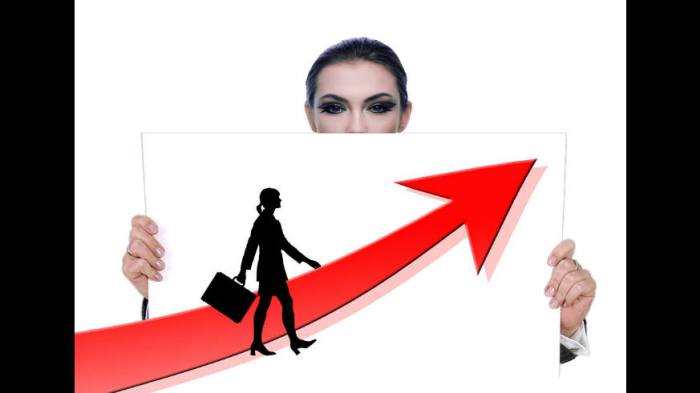Who of us isn’t busy? Between constantly responding to emails, attending multiple meetings a day, and taking care of our familial and social obligations, it’s a wonder we get anything done. And often we don’t! Or, well, we get a ton of small, inconsequential stuff out of the way, but when it comes to the projects and goals that really matter, we hardly make a dent. “Focusing on time management and productivity is actually making our problems worse,” says business psychologist Tony Crabbe, author of “Busy: How to Thrive in a World of Too Much.” “But all that that does is make people busier, less effective and, quite frankly, less happy.” Crabbe points to a study that found we consume six times as much information than we did in 1986 — but that we produce an astonishing 200 times more. “So you think, ‘Wait a minute. I’m producing 200 times more, and everyone else is consuming six times more.’ That’s just a ton of white noise nobody is paying attention to,” he says. His solution? Stop doing so much! But, how can we cut back on our workload without, well, getting fired? Crabbe gives us some guidance.
Surf your workload
When confronted with a ton of responsibilities, many of us respond by organizing every aspect of our day so we can squeeze in as much work as possible.
“People think, if they can get in control of their time, things will be OK, but that’s unhelpful,” says Crabbe. Instead, think of a surfer.
“The surfer doesn’t try to control the sea — or catch every wave,” he says. “Surfers succeed by choosing the right waves, taking risks and completely immersing themselves in the moment. They master the wave.” So instead of trying to control every aspect of your life in an attempt to get everything done, pick the most important things and give those your all. Even if that means sacrificing a few of the smaller tasks, the risk will yield greater rewards. Tear up your to-do list
To-do lists? Totally useless. In fact, these scraps of paper only aid us in completing mostly meaningless tasks.
“A to-do list has 20 to 30 things that are not important enough to remember otherwise, which is why we have to put them on a to-do list,” scoffs Crabbe. “You don’t put the stuff that’s going to change your life. You could argue that the very act of doing to-do lists drives your attention away from the stuff that’s really important.” Crabbe says that he would have never put “write a book” or “spend time with my family” on a to-do list. Ignore your email
Email is a great communication tool; it’s also incredibly distracting. Let’s face it: Not every email needs a response — even fewer need a response ASAP. And if we are constantly fielding messages and requests, then we’ll never get that project, article or brilliant strategy thunk-up. “Deliberately play with not getting your inbox to zero,” Crabbe suggests. “Compete with your colleagues about how many unopened emails you have.” And leave your phone at home if you find the email alerts distracting. As for those meeting invites that pop up? Ignore those, too. “How many times do we go to a meeting out of fear? If the meeting doesn’t pertain to you, decline. What’s the worst that can happen?” Always have a “because”
It takes cojones to skip a meeting or ignore an email from a client because you are busy creating. But if you offer concrete reasons for why you have shirked or put off certain activities, people might just respect you. “I had a client get upset that I wasn’t responding to his emails right away,” says Crabbe. “So I called him up and said, ‘Look, I only look at emails once or twice a day to allow me to focus and create. Otherwise, I can’t get anything done.’ And you know, he went from being slightly irritated to inspired.”
How to increase productivity by doing less

iStock





















